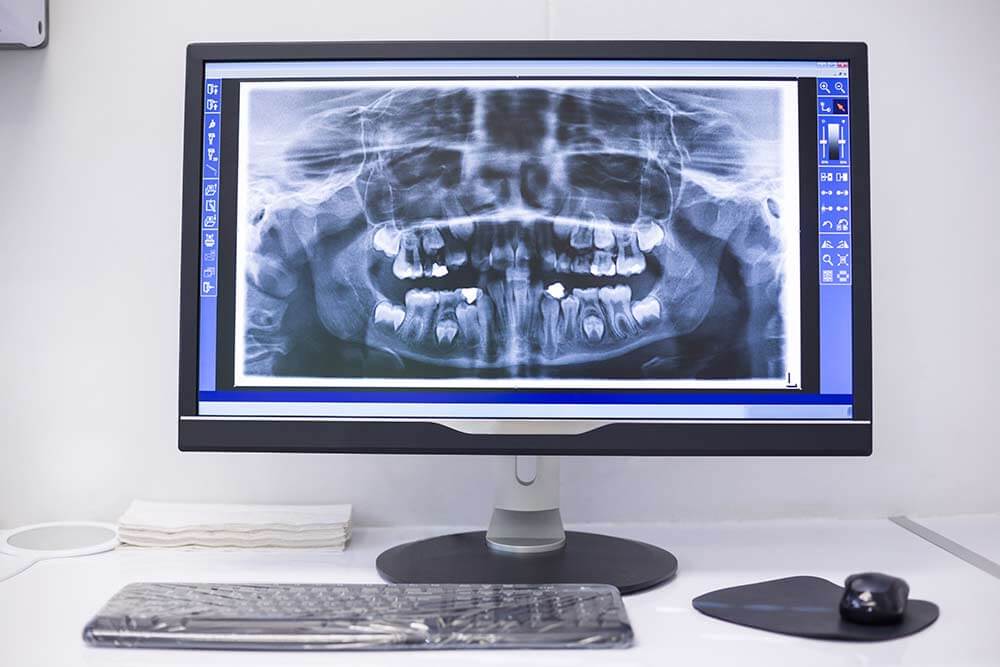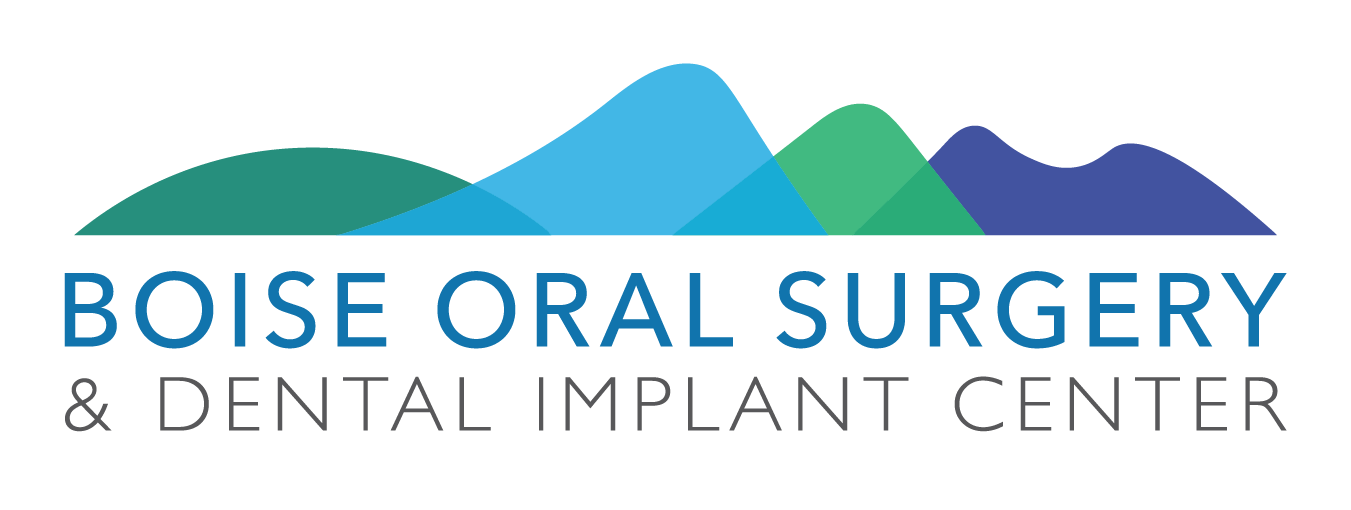Oral Surgery News & Blog
Boise Oral Surgery & Dental Implant Center
At What Age Do You Get Wisdom Teeth and When Should They Be Removed?
Teeth play a crucial role in everyone’s life. Just like when you’re transforming from a child to an adolescent, then to an adult, teeth also go through a process of change and a time comes when certain types of teeth grow.
Wisdom teeth typically appear between 17-24 years of age, with some people developing them earlier or later. Still, whether they grow earlier or later, there is nothing unusual about it. These teeth grow for a simple reason- to complete your full set of 32 teeth every adult should have.
Wisdom Teeth Problems and When to Consider Removing Them
Teeth are lovely, especially when they’re well-aligned. A smile is said to be one of the most recognizable features of a person. Unlike other teeth, wisdom teeth development comes with particular health concerns everyone needs to be aware of. As such, before or after you’ve developed wisdom teeth, you may be curious about common problems related to the growth of wisdom teeth and their removal procedures.
In a nutshell, here are the common problems related to wisdom teeth:
- Causing damage to other teeth
While you may not experience pain and infections, your set of molars can push others around, leading to bite problems and misaligned dental formula. Wisdom teeth are also responsible for most people’s difficulties in opening their mouths.
- Damaging the jaw and its nerves

Because wisdom teeth are challenging to reach while brushing or with floss, cysts can quickly form, and when they stay untreated, they create hollows on your jaws, which damage jaw nerves. Suppose this happens; your mouth loses its ability to feel the difference between hot and cold drinks and foods due to the damaged nerves, leading to severe damage.
Suppose your wisdom teeth lead to a damaged jaw; bleeding can block the airway, leading to severe concerns like breathing difficulties.
- Sinus infection
Your wisdom teeth are not good when it comes to the health of your sinuses. Wisdom teeth development can lead to increased sinus pain because of pressure and congestion from both sides of your mouth. Sinus infections can lead to other severe concerns like respiratory infections, which can be expensive to manage—as such, removing your wisdom teeth is an excellent option to ensure the prevention of other medical concerns.
- Cavities
When your teeth are stained for long, food particles enter them through their pockets and lead to openings where bacteria can enter and breed. When this happens, your wisdom teeth are the most at-risk of cavities, which can be challenging to treat. Cavities can lead to problems such as the inability to chew, and if not well treated, an infection of the tooth known as tooth abscess is imminent.
At What Age Bracket Do Oral Professionals Recommend Oral Surgery for Wisdom Teeth?
Boise Oral Surgery recommends the removal of wisdom teeth to be conducted during mid-to-late teens. In teenage years, these teeth are not fully developed, hence often easier to remove. Also, around this age, we find recovery post oral surgery is quick because the body’s ability to rejuvenate back to normalcy is at its prime moment.
Dr. Jeffrey Scott Bobst is an oral and maxillofacial surgeon with board certifications from the American Board of Oral and Maxillofacial Surgery. He and his staff make it a point to treat each patient as their own person with specific oral health needs. We’ll work with you to create a treatment and post-operative plan that makes the most sense for you. We don’t just work with wisdom teeth. We’re also proficient in several procedures, such as bone grafting, corrective jaw strategy, and oral pathology screening.
If you have any remaining questions or would like to request an appointment, get in touch with us.





